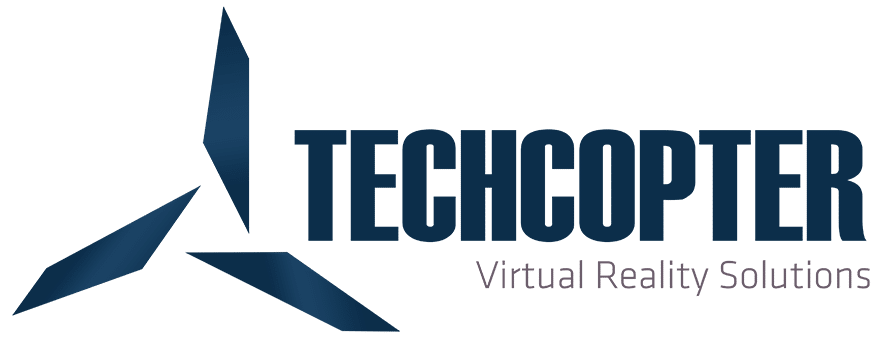Get Deep with VR in industries
The use of virtual reality (VR) in education has been growing rapidly in recent years, and the oil, gas, and petrochemical industry is no exception. VR technology allows for immersive, interactive learning experiences that can enhance traditional classroom instruction and provide new opportunities for hands-on training. Here is a detailed article discussing the use of VR in the education of oil, gas, and petrochemical industry.
The oil, gas, and petrochemical industry is a complex and highly specialized field that requires a deep understanding of technical processes and equipment. Traditional classroom instruction and on-the-job training can only provide a limited understanding of these processes, and it can be difficult for students and employees to grasp the full scope of the industry without direct experience. VR technology provides an effective solution to this problem by allowing users to experience and interact with simulated environments that closely resemble real-world scenarios.

Lets talk about advantage
One of the main advantages of VR in education is its ability to provide hands-on training. In the oil, gas, and petrochemical industry, VR can be used to simulate drilling operations, pipeline maintenance, and other tasks that would be difficult or impossible to replicate in the classroom. This allows students and employees to gain a deeper understanding of the equipment and processes involved, and to develop the skills and knowledge necessary to safely and efficiently perform these tasks in the real world.
VR can also be used to provide virtual tours of oil and gas facilities and refineries, allowing students and employees to familiarize themselves with the layout and operations of these complex structures. This can be especially useful for employees who are being transferred to a new facility, or for students who are studying for a career in the oil and gas industry.
Another advantage of VR in education is that it allows for the creation of interactive, scenario-based simulations. In the oil, gas, and petrochemical industry, VR can be used to simulate emergency situations, such as spills or fires, and to train employees on how to respond and handle these situations. These simulations can be customized to reflect the specific hazards and risks present in a particular facility or location, making the training more relevant and effective.
In addition, VR technology can also be used to create virtual labs, where students can conduct experiments and analyze data in a simulated environment. This can be especially useful for students studying science, technology, engineering, and math (STEM) subjects, as it allows them to apply their knowledge to real-world scenarios.
In conclusion, VR technology offers a wide range of benefits for education in the oil, gas, and petrochemical industry. By providing hands-on training, virtual tours, and scenario-based simulations, VR can help students and employees to develop a deeper understanding of the industry and the skills necessary to work safely and efficiently in the field. As VR technology continues to advance, it is likely that we will see an increasing number of educational institutions and companies adopt VR as a valuable tool for training and education.



